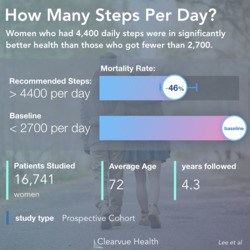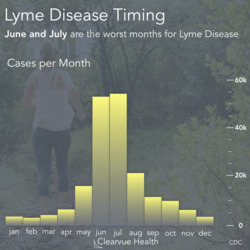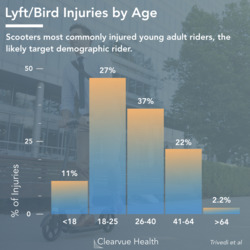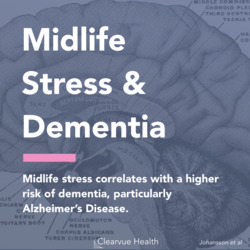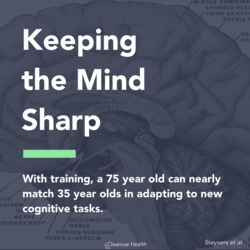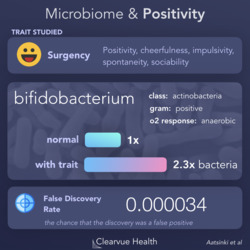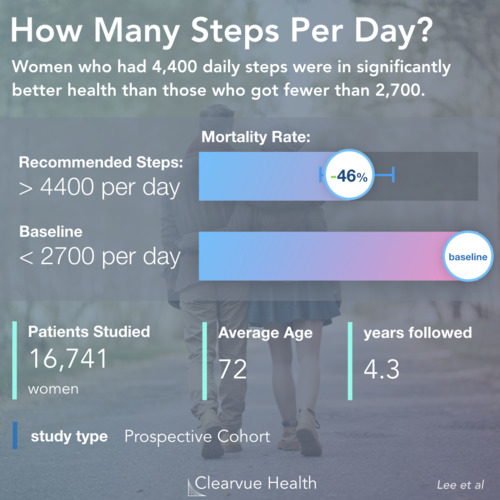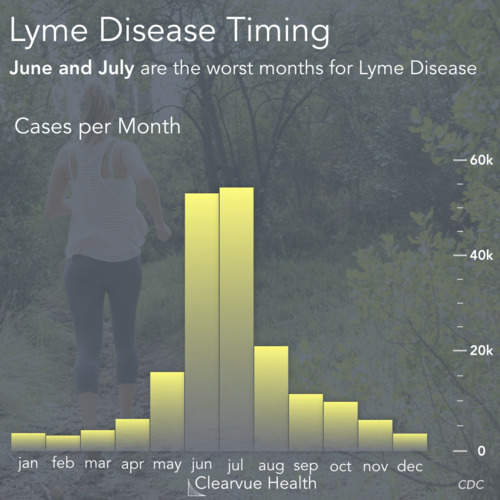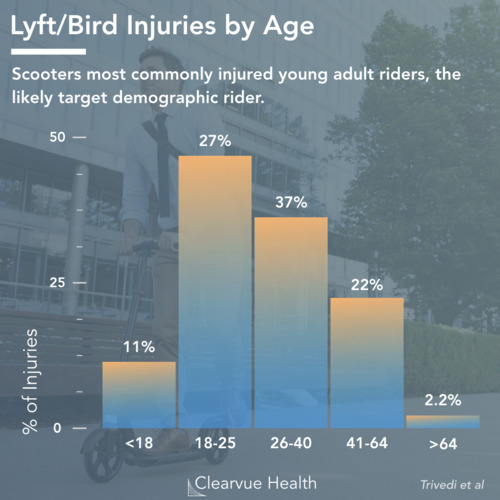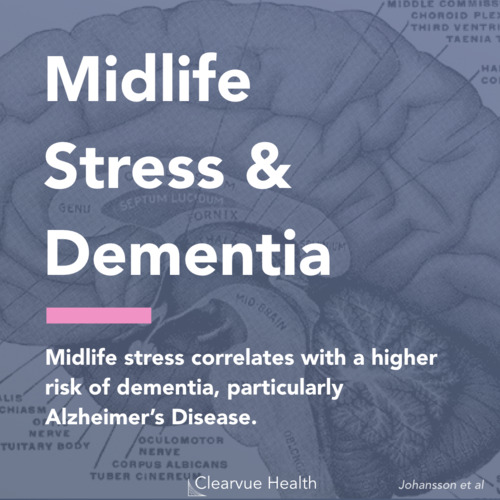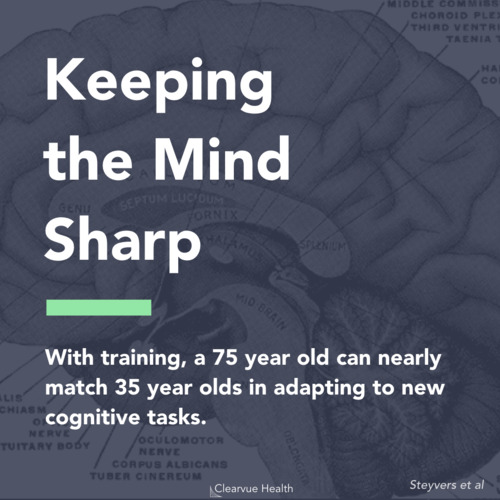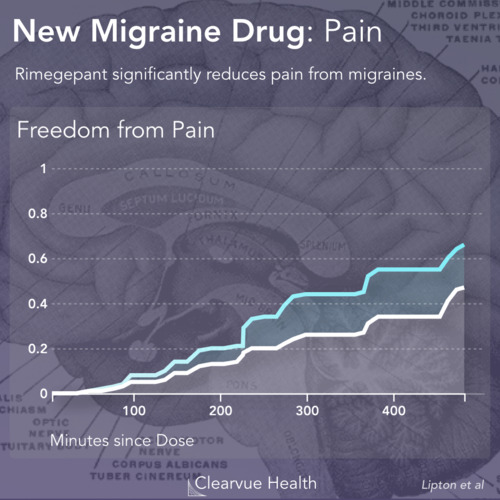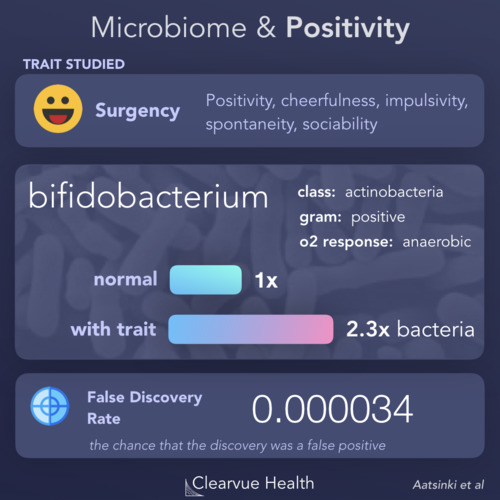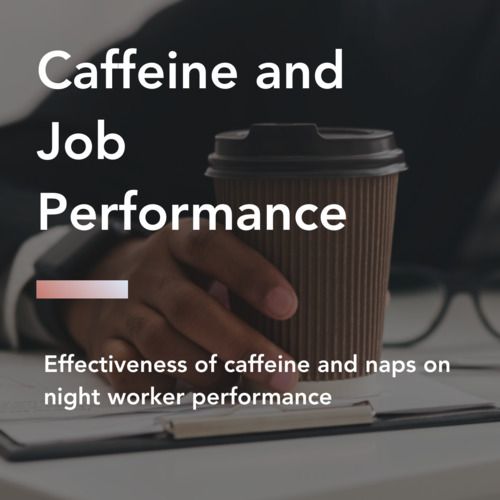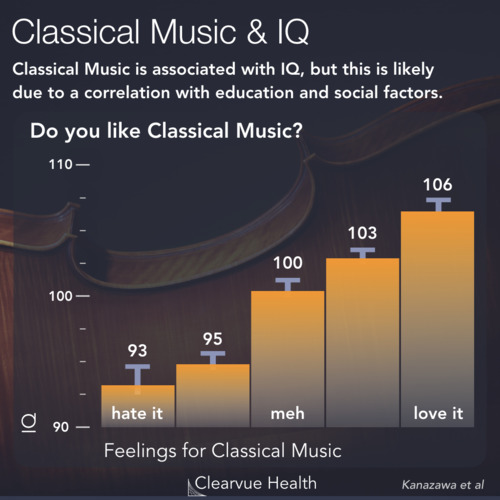Walking and New Ideas
Have you ever gotten a new idea while walking to work? While walking in a park? You are not alone. The human mind has been shown to produce more ideas during breaks, particularly while walking.
Many famous intellectuals held their daily walk as a sacred ritual for idea generation. Henry David Thoreau, author and philosopher, loved his daily walks. He famous wrote in his essay Walking:
“The walking of which I speak has nothing in it akin to taking exercise, as it is called, as the sick take medicine at stated hours …but it is itself the enterprise and adventure of the day.”
New research has backed up this fact that many have known for centuries with data, quantifying the effect of walking on human thought. We've summarized the key points of the study below.
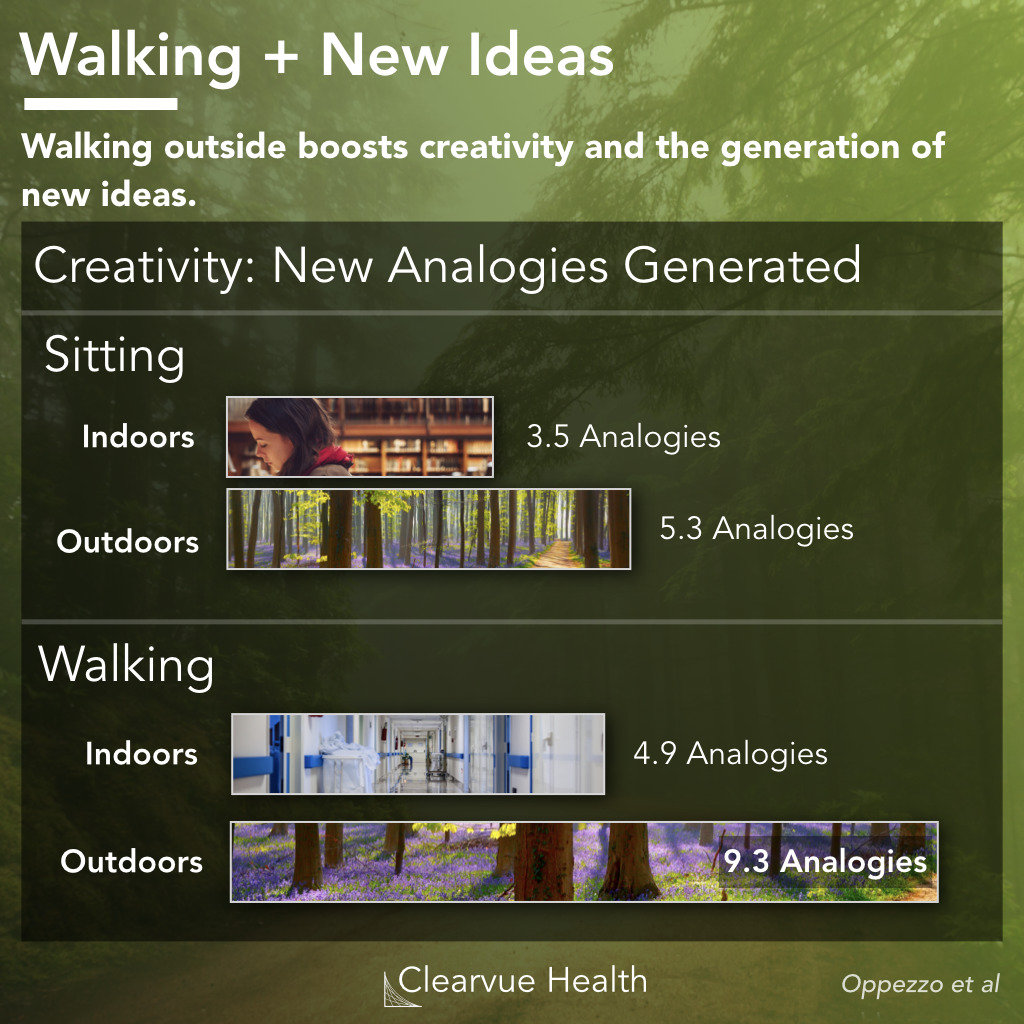
Researchers at Stanford randomly assigned 40 adults to one of four groups: Sit inside, walk inside, sit outside, walk outside. They then tested all participants to see whether they could come up with analogies for certain ideas, such as a robbed safe or a budding cocoon, as a test of creativity.
Researchers quantified creativity by measuring how many new analogies each participant was able to generate, as being able to generate an analogy takes some level of creativity.
Source: Give Your Ideas Some Legs: The Positive Effect of Walking
on Creative Thinking
They found that walking outside led to the most creativity, with an average of 9.3 analogies generated. Walking inside led to approximately the same amount of "creativity" as sitting outside, with 4.9 and 5.3 analogies generated, respectively. Sitting inside led to the least amount of new analogies generated at 3.5 analogies.
Convergent vs Divergent Thought
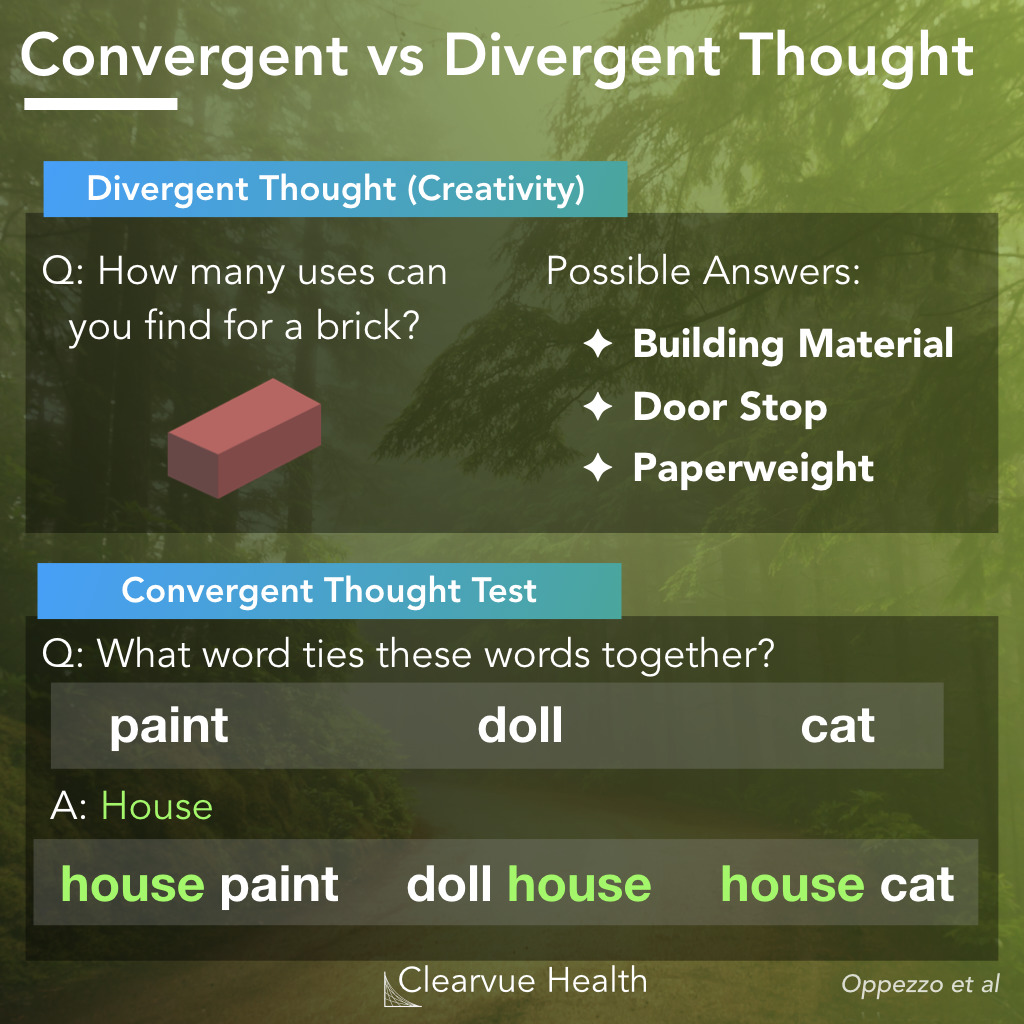
As part of another experiment in the same study, researchers examined whether walking affects certain types of thinking more than others.
They tested for convergent and divergent thought. Divergent thought refers to creative thinking. The tests for divergent thought measure how many new ideas you can come up with based on a prompt. One example of a possible test asks participants to come up with as many uses as they can for a brick.
Convergent thought is defined as the opposite of divergent thought. Unlike divergent thought, where individuals try to come up with creative new solutions, convergent thought involves concrete problem solving, where you try to find the single best solution to a problem.
One common test of convergent thought asks participants to find a word that ties three other words together. For example, the words paint, doll, and cat can best be tied together with the word house. House paint, doll house, and house cat are all phrases that involve the word "house." There may be other solutions, but "house" is by far the best solution to this problem.
Convergent vs Divergent Thought while Walking and Sitting
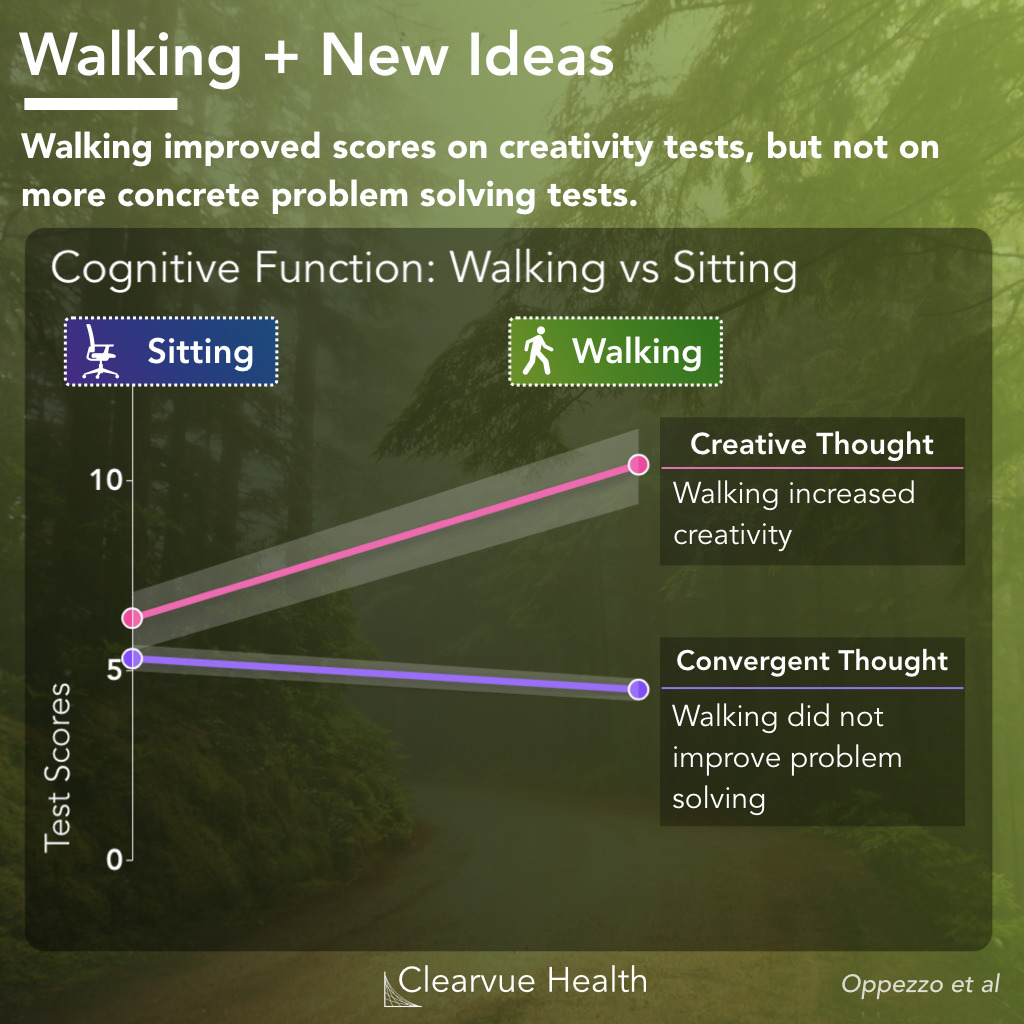
When the researchers dived deeper into the data, they found that walking does not improve all types of thought equally. Individuals had significantly better divergent thinking, which is more commonly known as creative thought while walking compared to sitting.
However, they did not show any increase in convergent thinking ability.
Conclusion: Go for a walk if you want new ideas.
The data demonstrates that most people have a creativity boost when they go for a walk. If you need to come up with new ideas or creative solutions to a problem, try going for a short walk. Better yet, go for a walk outside. You'll feel better, and you'll probably come up with better ideas than sitting around at your desk.
If you need to work through a tough problem, working inside at your desk may provide better results. There was little benefit to walking and convergent thinking.



